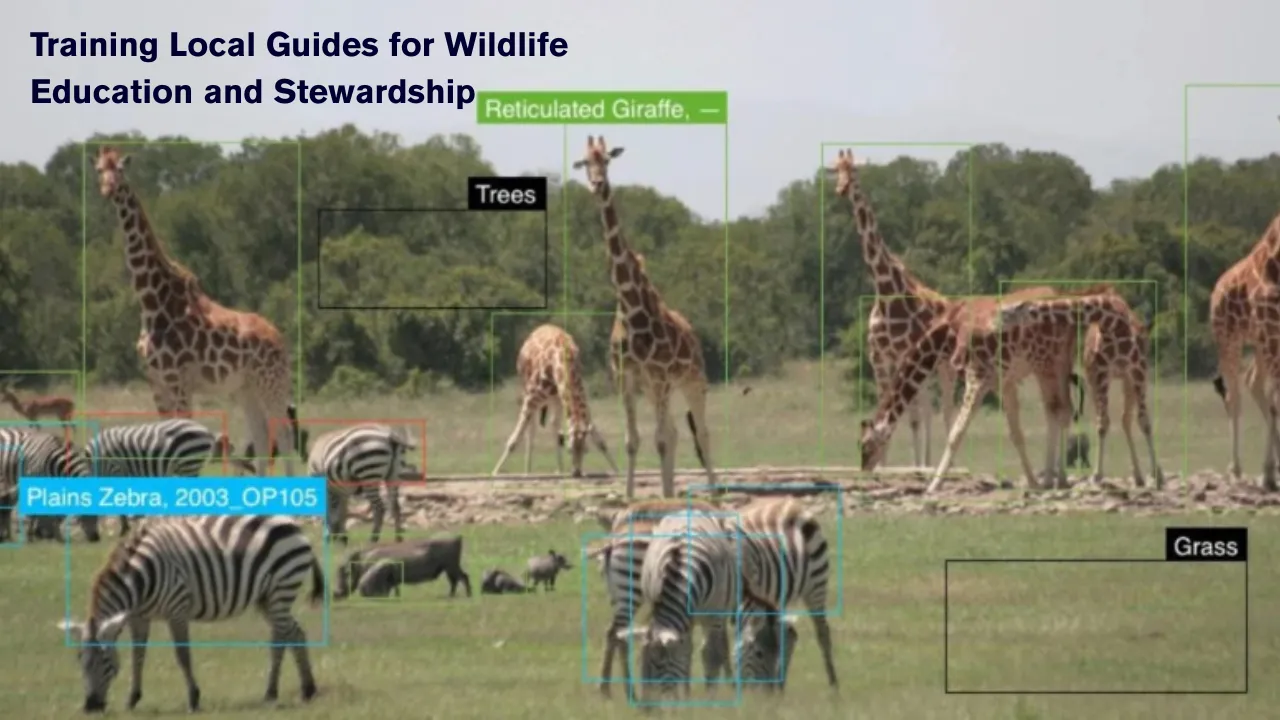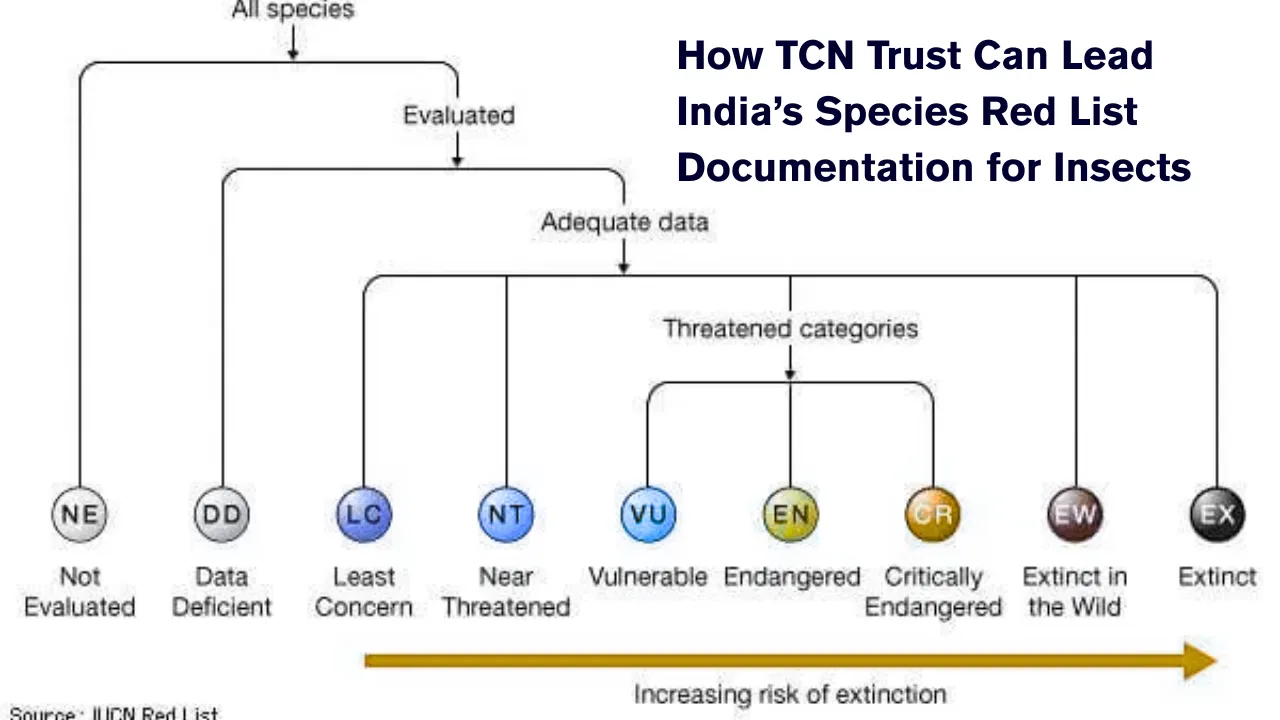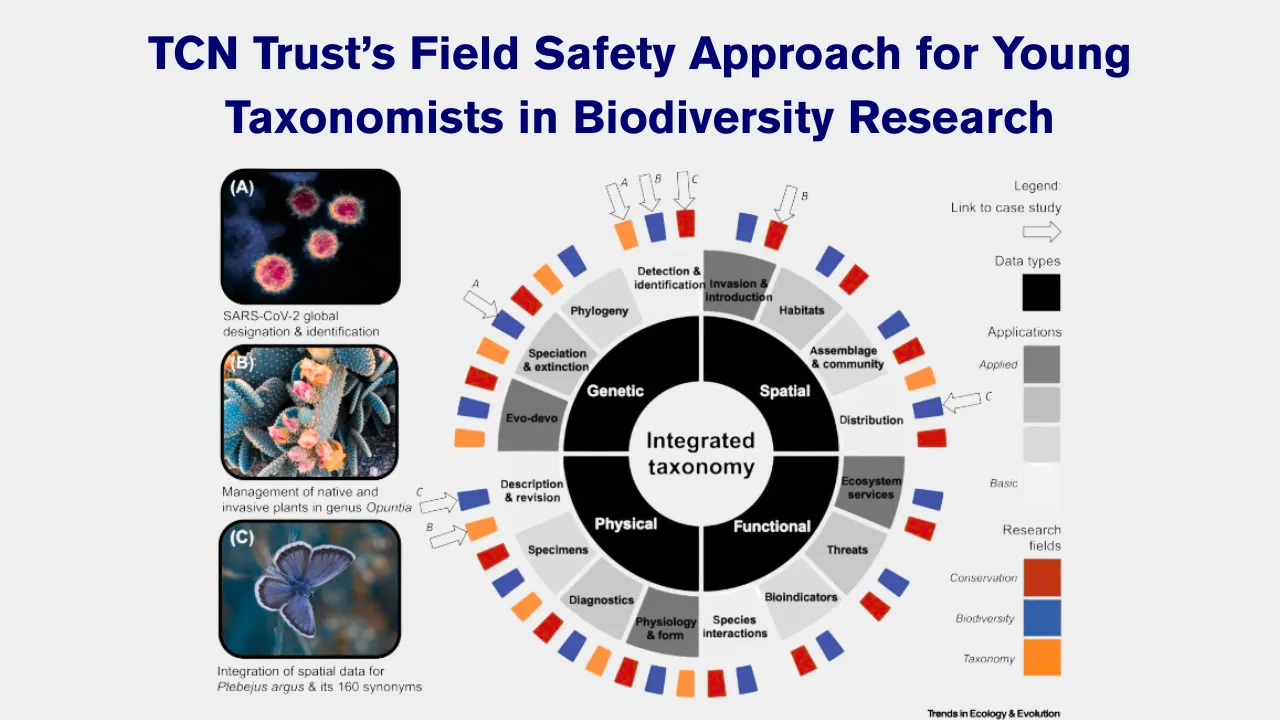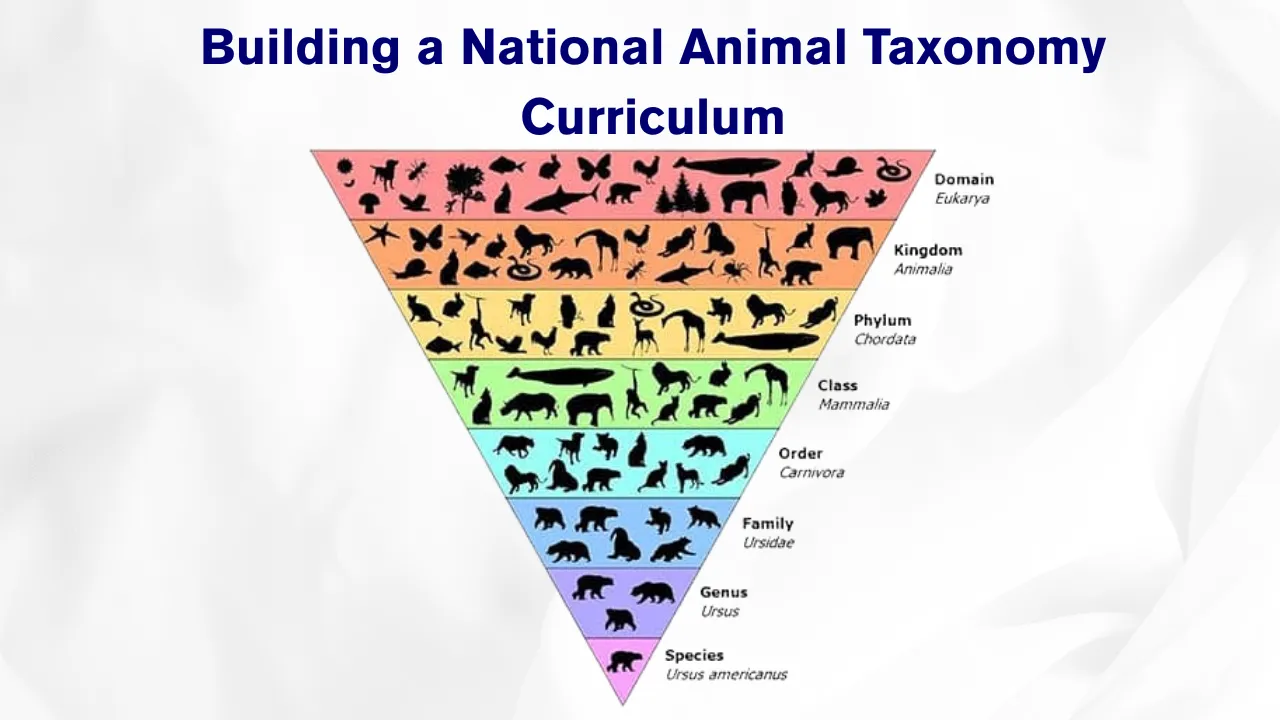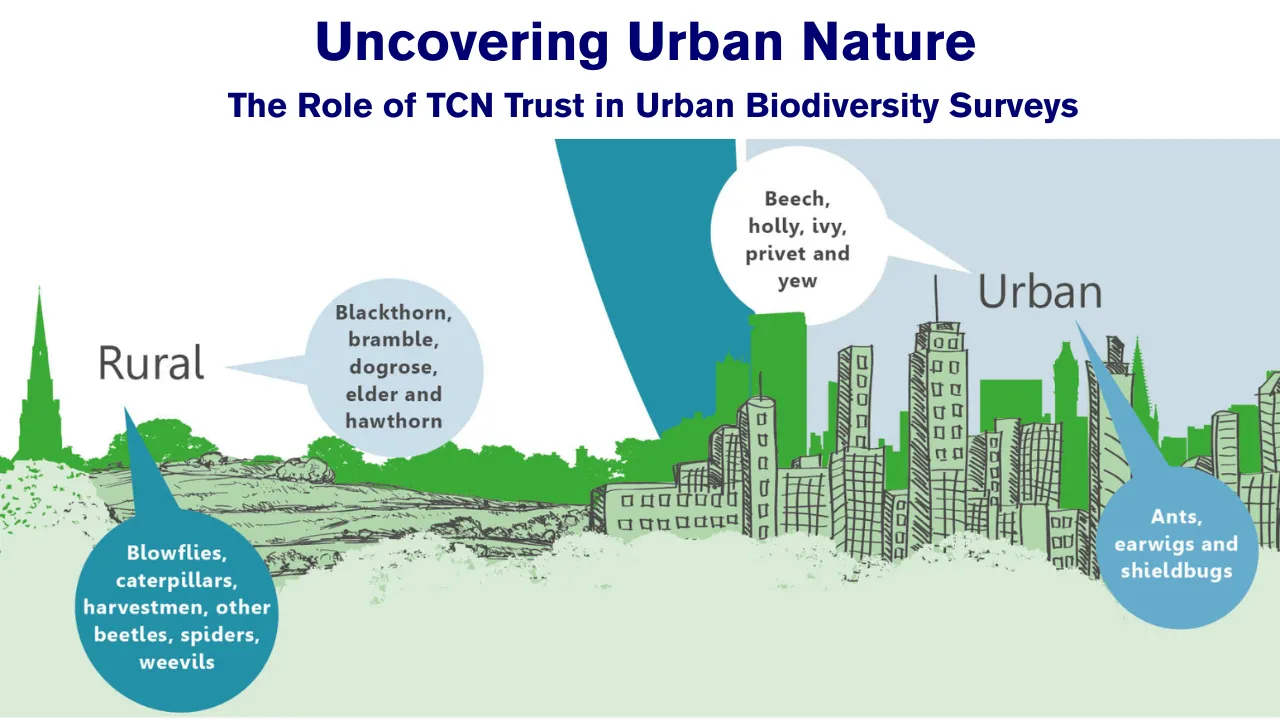TCN Trust’s Role in Eco-Tourism: Eco-Tourism has emerged as a powerful tool for conservation, community development, and responsible travel. Unlike traditional tourism, which often prioritizes sightseeing and luxury, eco-tourism is deeply rooted in sustainability and education. It encourages people to travel mindfully while contributing to the protection of biodiversity and the upliftment of local communities.
Organizations like TCN Trust are playing a transformative role in this space by training local guides in animal identification and environmental stewardship. Their approach not only helps preserve the natural world but also equips people living in and around biodiversity hotspots with lifelong skills. This article explores how eco-tourism, led by community-based training, can become a cornerstone for conservation and rural empowerment.
Eco-Tourism: Training Local Guides for Wildlife Education and Stewardship
Eco-Tourism depends on well-informed and skilled local guides who can interpret nature for visitors while maintaining ecological balance. TCN Trust’s initiatives focus on educating people from remote, wildlife-rich areas in animal tracking, species identification, and conservation communication. These trained guides enhance the tourist experience, protect natural habitats, and promote environmental ethics. With biodiversity hotspots such as the Western Ghats and Northeast India under pressure from human activity, empowering communities through structured eco-guide training becomes vital. By linking conservation with livelihood, TCN Trust makes eco-tourism more impactful and inclusive. Their program stands as a model for blending grassroots knowledge with scientific methods to preserve India’s unique biodiversity.
Overview of Skill Development Areas for Eco-Guides
| Skill Area | Description |
| Species Identification | Recognizing mammals, birds, reptiles, and amphibians using sight, sound, and signs |
| Conservation Literacy | Understanding ecosystem dynamics, food chains, and species interdependence |
| Ethical Wildlife Viewing | Teaching tourists to observe animals without intrusion or harm |
| Cultural Storytelling | Sharing local folklore and traditions related to flora and fauna |
| Field Communication | Explaining ecological concepts clearly to visitors of diverse backgrounds |
Empowering Local Communities through Eco-Tourism
One of the core values of eco-tourism is community involvement. TCN Trust focuses on developing the capabilities of rural and tribal populations living in proximity to ecologically sensitive areas. By turning them into expert nature guides, the organization provides a path to dignified employment that doesn’t rely on forest exploitation.
This empowerment is especially crucial in regions where communities face limited access to formal education or structured job markets. The training enhances their confidence and transforms traditional knowledge into professional competence. As a result, local guides become storytellers, educators, and conservation advocates all at once.
Additionally, eco-tourism provides a reliable source of income, helping families reduce their dependence on harmful practices like poaching or deforestation. Women and young adults, who are often excluded from mainstream economic opportunities, find a platform to lead and contribute through eco-guide training programs.
How the TCN Trust Enhances Animal Identification Skills
Animal identification is one of the most critical skills for eco-guides. It helps in tracking wildlife, ensuring safety, and providing educational value to tourists. The TCN Trust’s training programs focus heavily on this skill, offering a structured, hands-on approach tailored to each ecosystem.
Key components of their training include:
- Visual Identification Techniques: Learning to spot and differentiate animals based on physical characteristics, colors, movement, and size.
- Acoustic Learning: Recognizing bird calls, mammal vocalizations, and reptile hisses to detect presence without visual contact.
- Track and Sign Recognition: Interpreting footprints, droppings, claw marks, and nests to identify species and their activities.
- Habitat-Based Contextual Training: Understanding where certain species live, what they eat, and how they behave during different seasons.
These techniques are combined with lessons on wildlife behavior, regional biodiversity patterns, and conservation laws. The goal is to equip guides with scientific accuracy and ethical awareness so they can lead informative, respectful tours.
Benefits of Training Local Guides in Biodiversity Hotspots
Training eco-guides in animal identification goes far beyond enhancing the tourist experience. It contributes directly to ecological well-being, sustainable tourism, and community resilience. Here are some of the major benefits:
- Improved Wildlife Monitoring: Trained locals help researchers by reporting sightings of rare or endangered species.
- Sustainable Tourism Growth: Visitors are more likely to return or recommend places with knowledgeable, authentic guides.
- Increased Environmental Awareness: Local communities become more invested in preserving their environment.
- Reduced Human-Wildlife Conflict: With better knowledge of animal behavior, communities can prevent negative encounters.
- Diversified Local Economies: Income from tourism supplements traditional livelihoods, creating economic balance.
In biodiversity hotspots, these benefits are magnified. With the right support, these regions can serve as living classrooms where conservation and community advancement happen side by side.
Real-World Impact: Creating Nature Champions in the Field
The TCN Trust has already started making a tangible difference in areas like the Nilgiri Biosphere and parts of the Eastern Himalayas. Locals trained through their programs are now leading guided treks, birdwatching tours, and educational walks with school and college groups.
Many guides have shared how their new skills have changed their lives. For instance, a young guide from a tribal village in Tamil Nadu now earns a steady income by leading weekend wildlife tours for urban travelers. He not only identifies animals but also talks about local medicinal plants and traditional conservation practices.
In another case, a woman from Assam trained by TCN Trust began organizing all-women nature walks, helping break gender norms while encouraging conservation dialogue among female tourists. These stories are proof that eco-tourism, when done right, can create ripple effects that extend well beyond the forest trails.
FAQs
What is the TCN Trust’s main role in eco-tourism?
The TCN Trust trains local residents to become eco-guides with expertise in animal identification, biodiversity education, and sustainable tourism practices.
Why is animal identification important in eco-tourism?
It enhances the quality of wildlife tours, supports scientific research, and promotes respectful engagement with nature.
Can eco-tourism benefit local economies?
Yes, eco-tourism provides steady income to rural and tribal communities while promoting environmental awareness and conservation.
How are women involved in TCN Trust’s training programs?
The trust actively includes women, offering them equal opportunities to train as eco-guides and lead nature-based tourism activities.
Is the training based on scientific methods?
Yes, the TCN Trust blends traditional ecological knowledge with scientific training to ensure guides are accurate, ethical, and effective.
Final Thought
Eco-Tourism is more than a travel trend — it’s a path toward harmony between people and planet. The TCN Trust’s work in training local guides is a shining example of how skill-building and environmental education can go hand-in-hand. By empowering individuals with knowledge and purpose, the trust is helping protect India’s rich biodiversity while creating resilient communities rooted in conservation.
For travelers, supporting such initiatives means choosing experiences that benefit both nature and people. For communities, it’s an invitation to take pride in their heritage and become active participants in environmental change. The journey of sustainable tourism starts with local voices — and with the right training, they can echo across forests, rivers, and hills for generations to come.
